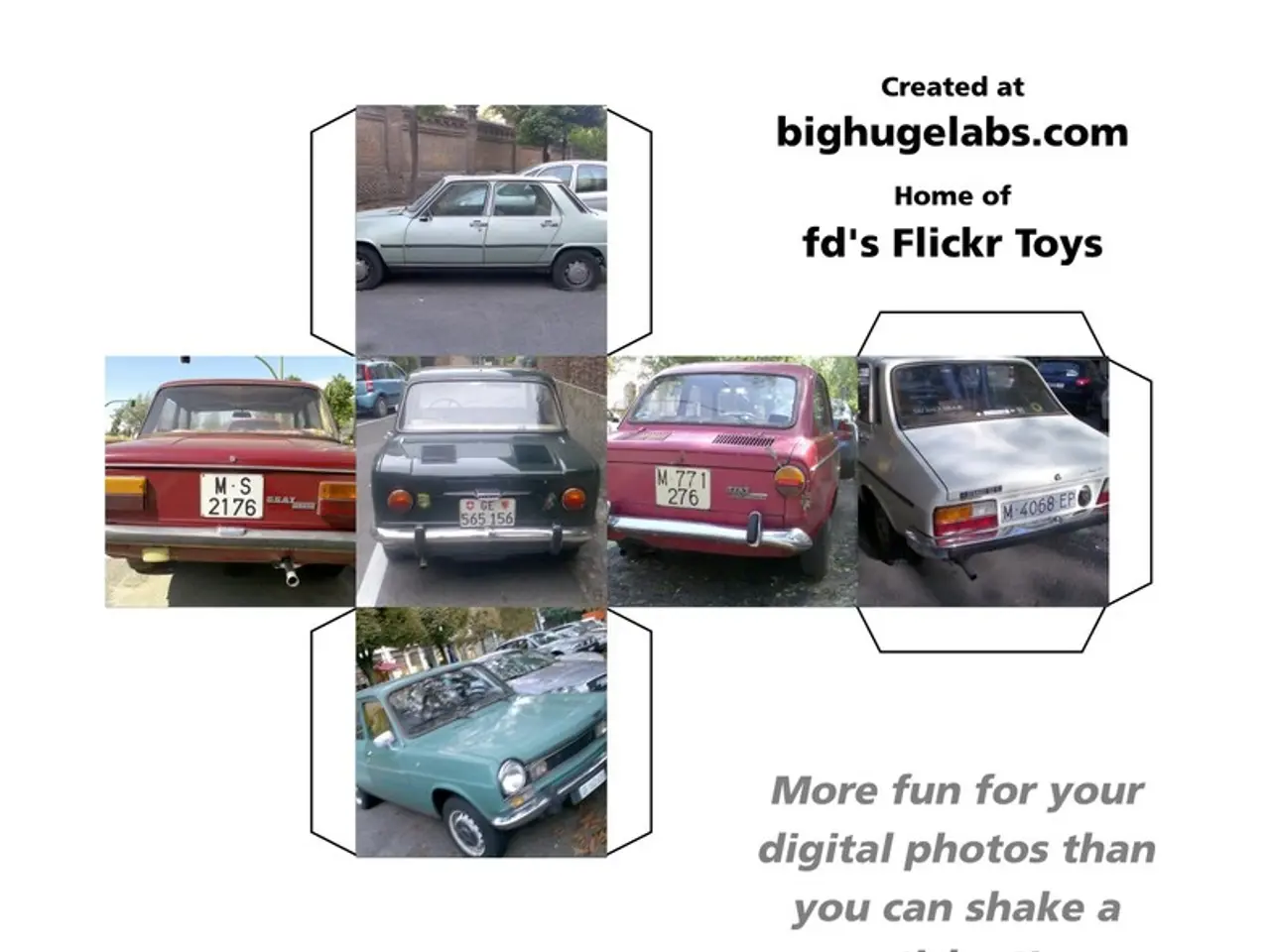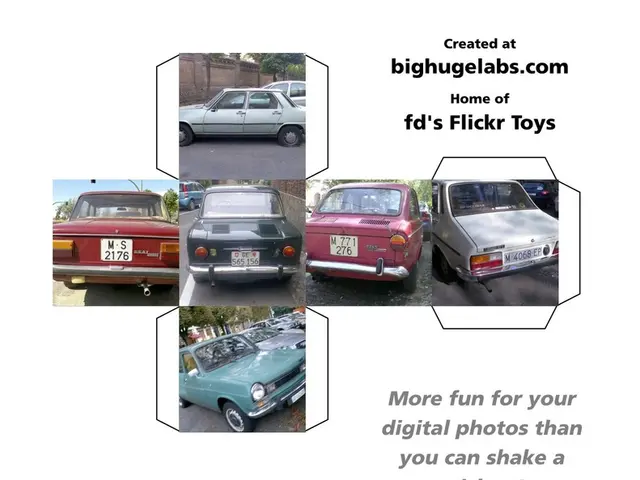Scientists at Wilmot have found a method to guide an army of immune cells towards cancer cells.
In a groundbreaking development, scientists at the University of Rochester Medical Center have made a significant discovery that could potentially revolutionise CAR T-Cell therapy for cancer treatment.
The research, led by Minsoo Kim, Ph.D., a Dean's professor of Microbiology and Immunology, and professor of Pharmacology and Physiology, focused on the key T-cell protein ST3GAL1. This protein, it was found, plays a crucial role in controlling CAR T cell migration to tumors, improving targeting precision.
ST3GAL1 is a sialyltransferase enzyme involved in glycosylation, the process of adding sugars to proteins on the cell surface. This glycosylation affects how T cells recognise and interact with cancer cells. By understanding and manipulating ST3GAL1 activity, scientists can influence T cell surface glycan patterns that modulate cell communication and targeting accuracy.
The study, published in the prestigious journal Nature Immunology, was primarily funded by the National Institutes of Health (NIH), with additional support from the Wilmot Cancer Institute. The researchers discovered the crucial migration-control gene that expresses ST3GAL1 through unbiased genomic screening.
The team, which included Yeonsun Hong, Ph.D., a staff scientist in Kim's lab, and co-author Reagan who specialises in CAR T-cell patient care at Wilmot, aims to improve CAR T-Cell treatment for cancer by manipulating ST3GAL1 to enhance T cell migration to tumors. This could potentially improve treatment precision and reduce off-target effects.
The discovery of the key T-cell protein responsible for guiding T cells toward tumors is a significant step forward in the fight against several types of cancer. Currently, CAR T-Cell therapy is only approved to treat blood cancers, including some forms of lymphoma, leukemia, and multiple myeloma. Finding a drug that can manipulate ST3GAL1 could open the door to treating solid tumors such as breast, lung, brain cancer, or melanoma.
Kim's lab is collaborating with other Wilmot investigators to screen for drugs that will accomplish this feat. The lab is also co-leading the Cancer Microenvironment research program at the University of Rochester.
The research has garnered international attention, with the potential to extend the lives of many patients undergoing CAR T-Cell treatment for cancer. The team's work is a testament to the University of Rochester Medical Center's commitment to advancing medical research and improving patient care.
Read also:
- Apparition's Significance and its Delivered Messages - as discussed by Sensenmann
- Explored the Popular Health Assessment with a Queue of 100,000 Aspiring Participants - Here's My Unadulterated Opinion
- Hearing impairment condition: Recognizing symptoms and management approaches
- Exploring Recurring Actions in Mature Individuals: An Analysis of Persistent Actions in Adults' Daily Lives








